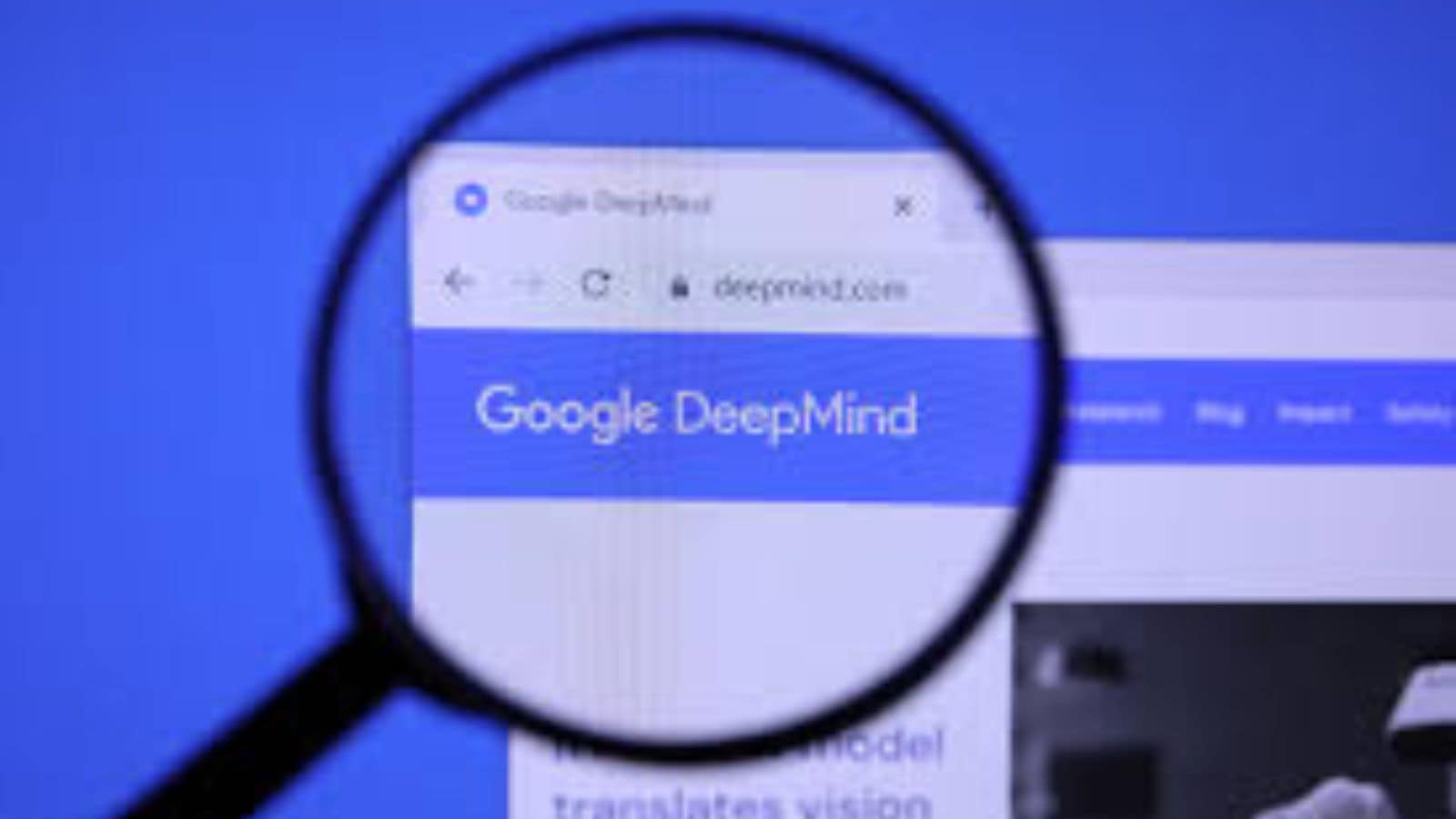Google DeepMind Enforces Strict Non-Compete Agreements for UK Employees Amid Intensifying AI Talent Competition

Google DeepMind and Non-Compete Agreements
Overview of Non-Compete Agreements
Google’s AI division, DeepMind, has introduced non-compete agreements for its employees in the United Kingdom, aiming to prevent them from transitioning to rival artificial intelligence companies. This move, reported by Business Insider, is part of Google’s strategy to retain unique talent within the company.
What Do Non-Compete Agreements Entail?
Non-compete agreements are contracts that typically restrict an employee from joining a competing firm for a specified period after leaving their current position. At Google DeepMind, these restrictions vary based on several factors:
- Tenure and Role: The duration of these agreements is often influenced by the seniority of the employee and the significance of their contributions to the company.
- Typical Duration: Employees working on projects like Google’s Gemini AI models often face six-month non-compete terms. In contrast, senior researchers might be bound for an entire year.
These agreements are designed to safeguard the company’s proprietary information and innovative capabilities during a time when competition within the tech industry is intensifying.
The Context of the AI Arms Race
With tech companies racing to develop advanced AI models, retaining skilled professionals has become a crucial strategy. The AI sector is evolving rapidly, and firms are eager to maintain an edge through the use of specialized talent. Non-compete agreements are one method employed by companies to mitigate the risk of their top employees taking their expertise to competitor organizations.
Industry Trends
The use of non-compete clauses has seen fluctuations in legality and acceptance across different regions:
- U.S. Regulations: Recently, the Federal Trade Commission (FTC) in the United States has prohibited non-compete agreements for most employees. This ban, however, does not extend to DeepMind’s operations in the UK.
- Employee Concerns: Many DeepMind researchers have expressed frustration regarding these agreements, fearing they may hinder their career opportunities within a fast-changing industry.
Employee Perspectives
Some DeepMind employees feel the pressure of these contractual obligations, particularly in light of the rapid advancements in AI technology. This situation raises concerns about their ability to remain competitive in a landscape that evolves quickly.
Responses from Google
A Google spokesperson addressed the issue, stating, “Our employment contracts are in line with market standards. Given the sensitive nature of our work, we use non-competes selectively to protect our legitimate interests.” This perspective highlights the company’s approach to balancing employee mobility with its need to secure its innovative advantages.
Workarounds by Employees
Despite the constraints posed by non-compete agreements, some DeepMind employees have reportedly sought jobs outside the UK, specifically in places like California, where such agreements may not carry the same weight. This tactic illustrates the lengths to which professionals might go to navigate restrictive employment contracts.
In summary, Google DeepMind’s implementation of non-compete agreements showcases the ongoing challenges within the tech industry regarding talent retention and the protections of proprietary knowledge. As companies increasingly compete in the AI field, the limitations placed upon employees reflect broader trends in workforce management and the balance of power between employers and employees.






